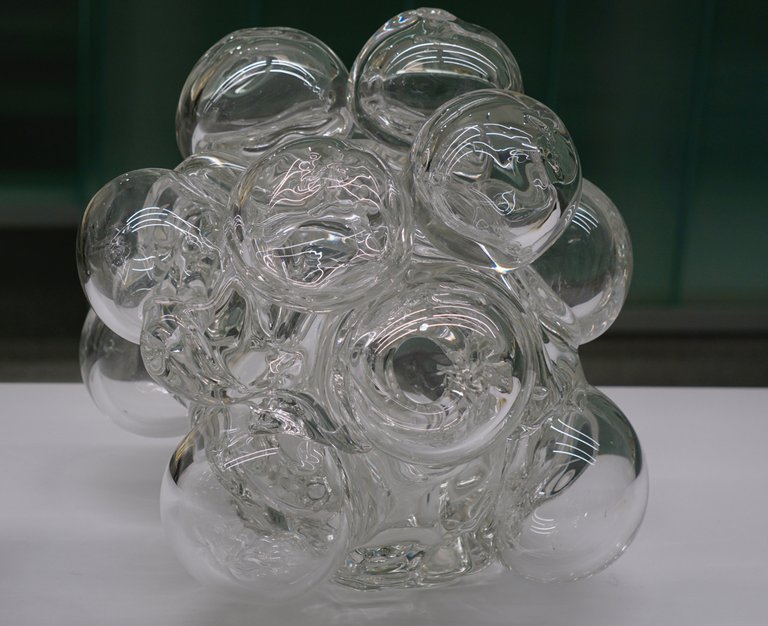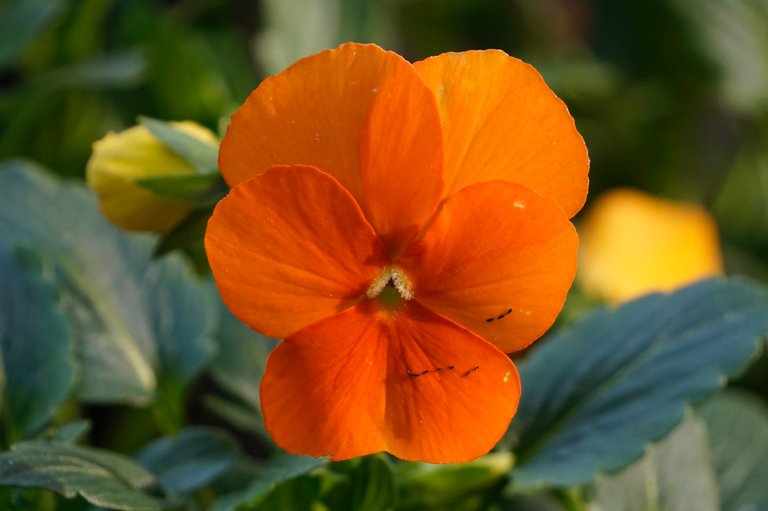Good day dear community, at the beginning I would like to welcome you all to my new post and hope you had an exciting day which has brought many interesting experiences into your life! Today I would like to go into a psychological topic and would be happy if you can expand your knowledge.
The everyday life of humans consists of repetitive rhythms and a large part of the work that is done by the brain consists of it and it's assumed that between 30-50% of daily actions are based on habits. It is not without reason often said "Humans are creatures of habit" and without these patterns there would be enormous problems to find their way around and to master everyday life and habits are also automated processes which are often unconsciously carried out and the human brain works in such a way that it prefers to simplify tasks and here the power of habit comes into play to which the individual orients himself. Habits are often so deeply anchored that it's difficult to notice them and the more often certain actions are performed, the more difficult it is to get rid of them and most of the time these are also linked to certain stimuli and rewards, which leads to the fact that people are more bound to habits and thus dependencies are created which are reinforced by these positive stimuli. There is a long chain of processes which is secured deep in the subconscious and the habits are typically also linked to sensory impressions or other things, which leads to complex processes that are not easy to recognize and it is therefore particularly difficult to get rid of them. If a habit is absent, there is also a deficit of certain rewards, which in turn leads to the whole behavior being changed and people tend to compensate these moments and look for a replacement of these rewards and unconsciously triggers a whole series of reactions that mess up the whole everyday life when these automated behaviors are disturbed. Even if routines are usually consciously designed, these are often a component of habits and the more often certain consciously chosen actions are carried out, the more they become a habit and it depends entirely on which stimuli they are associated with and if these are more positive than negative related, it often goes very quickly until a routine also becomes a habit which is carried out more and more automatically and unconsciously.
Many thanks for stopping by and I hope you could learn something new about psychology! I captured these pictures with my Camera Sony Alpha 6000 plus 55-210 mm lens.



Hmm
Truly, close to 50% of what we do everyday are based on habits. That’s why we keep on repeating the same thing and processes almost everyday
Thanks for shedding more light to this
Happy that you were able to learn something new dear @abojode
#hive #posh